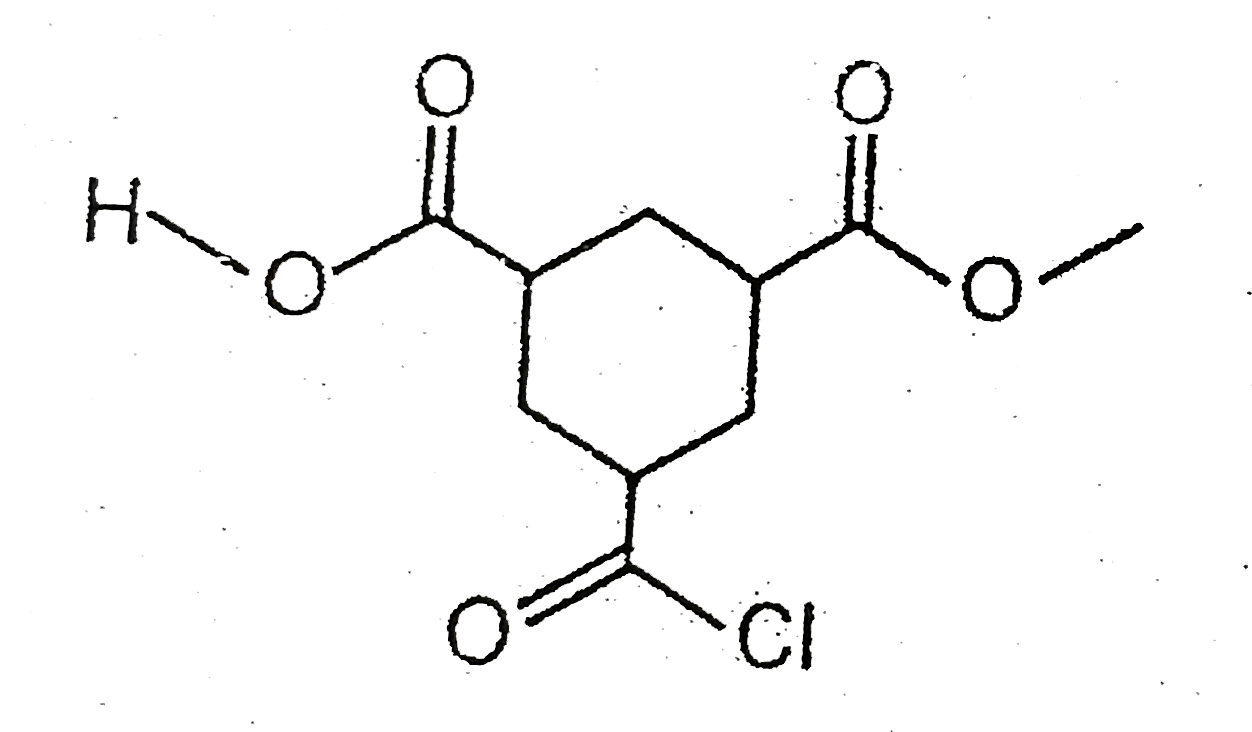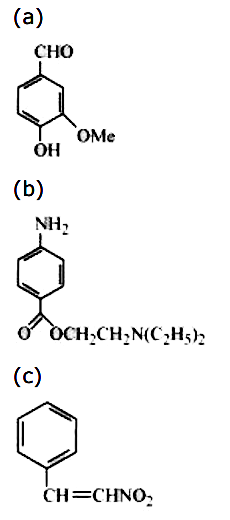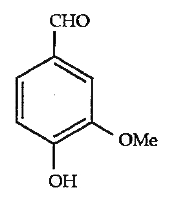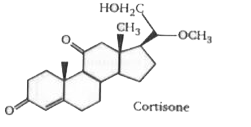What are functional groups ? How are the organic compounds classified on the basis of functional groups ? Mention the functional group of each class and give at least one example.
Step-by-Step Solution
1. Definition of Functional Groups:
- A functional group is defined as an atom or a group of atoms present in a molecule that is responsible for the chemical properties of that molecule. It determines how the compound behaves in chemical reactions.
2. Classification of Organic Compounds:
- Organic compounds can be classified based on their functional groups. The presence of different functional groups leads to different classes of organic compounds.
3. List of Functional Groups and Examples:
- Here is a classification of organic compounds based on their functional groups along with examples:
| Class of Compound | Functional Group | Example | Common Name |
|-----------------------|------------------------|---------------------|----------------------|
| Alkanes | - | CH₃CH₃ | Ethane |
| Alkenes | C=C (double bond) | CH₂=CH₂ | Ethene |
| Alkynes | C≡C (triple bond) | CH≡CH | Ethyne |
| Arenes | Aromatic ring | C₆H₆ | Benzene |
| Alkyl Halides | R-X (X = halogen) | CH₃CH₂Cl | Ethyl chloride |
| Aryl Halides | Ar-X (X = halogen) | C₆H₅Cl | Chlorobenzene |
| Alcohols | -OH (hydroxyl group) | CH₃CH₂OH | Ethanol |
| Phenols | -OH (attached to an aromatic ring) | C₆H₅OH | Phenol |
| Ethers | R-O-R' (alkoxy group) | CH₃OCH₃ | Dimethyl ether |
| Aldehydes | -CHO (carbonyl group) | CH₃CHO | Acetaldehyde |
| Ketones | C=O (carbonyl group) | CH₃COCH₃ | Propanone |
| Carboxylic Acids | -COOH (carboxyl group) | CH₃COOH | Acetic acid |
| Esters | -COOR' (ester group) | CH₃COOCH₃ | Methyl acetate |
4. Conclusion:
- Functional groups play a crucial role in determining the chemical behavior of organic compounds. By identifying the functional group, one can predict the reactivity and properties of the compound.
- A functional group is defined as an atom or a group of atoms present in a molecule that is responsible for the chemical properties of that molecule. It determines how the compound behaves in chemical reactions.
- Organic compounds can be classified based on their functional groups. The presence of different functional groups leads to different classes of organic compounds.
- Here is a classification of organic compounds based on their functional groups along with examples:
|-----------------------|------------------------|---------------------|----------------------|
| Alkanes | - | CH₃CH₃ | Ethane |
| Alkenes | C=C (double bond) | CH₂=CH₂ | Ethene |
| Alkynes | C≡C (triple bond) | CH≡CH | Ethyne |
| Arenes | Aromatic ring | C₆H₆ | Benzene |
| Alkyl Halides | R-X (X = halogen) | CH₃CH₂Cl | Ethyl chloride |
| Aryl Halides | Ar-X (X = halogen) | C₆H₅Cl | Chlorobenzene |
| Alcohols | -OH (hydroxyl group) | CH₃CH₂OH | Ethanol |
| Phenols | -OH (attached to an aromatic ring) | C₆H₅OH | Phenol |
| Ethers | R-O-R' (alkoxy group) | CH₃OCH₃ | Dimethyl ether |
| Aldehydes | -CHO (carbonyl group) | CH₃CHO | Acetaldehyde |
| Ketones | C=O (carbonyl group) | CH₃COCH₃ | Propanone |
| Carboxylic Acids | -COOH (carboxyl group) | CH₃COOH | Acetic acid |
| Esters | -COOR' (ester group) | CH₃COOCH₃ | Methyl acetate |
- Functional groups play a crucial role in determining the chemical behavior of organic compounds. By identifying the functional group, one can predict the reactivity and properties of the compound.
Topper's Solved these Questions
- ORGANIC CHEMISTRY : SOME BASIC PRINCIPLES AND TECHNIQUES BOOK - ICSECHAPTER - ORGANIC CHEMISTRY : SOME BASIC PRINCIPLES AND TECHNIQUES EXERCISE - OBJECTIVE ( MULTIPLE CHOICE ) TYPE QUESTIONS
142 Videos
- ORGANIC CHEMISTRY : SOME BASIC PRINCIPLES AND TECHNIQUES BOOK - ICSECHAPTER - ORGANIC CHEMISTRY : SOME BASIC PRINCIPLES AND TECHNIQUES EXERCISE - TRUE OR FALSE TYPE QUESTIONS
50 Videos
- ORGANIC CHEMISTRY : SOME BASIC PRINCIPLES AND TECHNIQUES BOOK - ICSECHAPTER - ORGANIC CHEMISTRY : SOME BASIC PRINCIPLES AND TECHNIQUES EXERCISE - SHORT ANSWER TYPE QUESTIONS
110 Videos
- HYDROGENBOOK - ICSECHAPTER - HYDROGENEXERCISE - NCERT TEXT-BOOK EXERCISE (With Hints and Solutions)
53 Videos
- REDOX REACTIONS (OXIDATION AND REDUCTION)BOOK - ICSECHAPTER - REDOX REACTIONS (OXIDATION AND REDUCTION)EXERCISE - NCERT TEXT-BOOK. EXERCISES ((With Hints and Solutions)
69 Videos
Similar Questions
Define a functional group.
View SolutionWhat are the functional groups in the CH3CHO
View SolutionWhich functional group is absent in the given compound ?

View SolutionIdentify the functional groups in the following compounds

View SolutionIdentify the functional groups in the following compounds

View SolutionHow many of the following compounds contain the functional group ester ?

View SolutionThe functional groups present in Cortisone are :

View SolutionIdentify the functional groups is the following compounds:

View SolutionIdentify the functional groups is the following compounds:

View SolutionIdentify the functional groups is the following compounds:

View Solution
